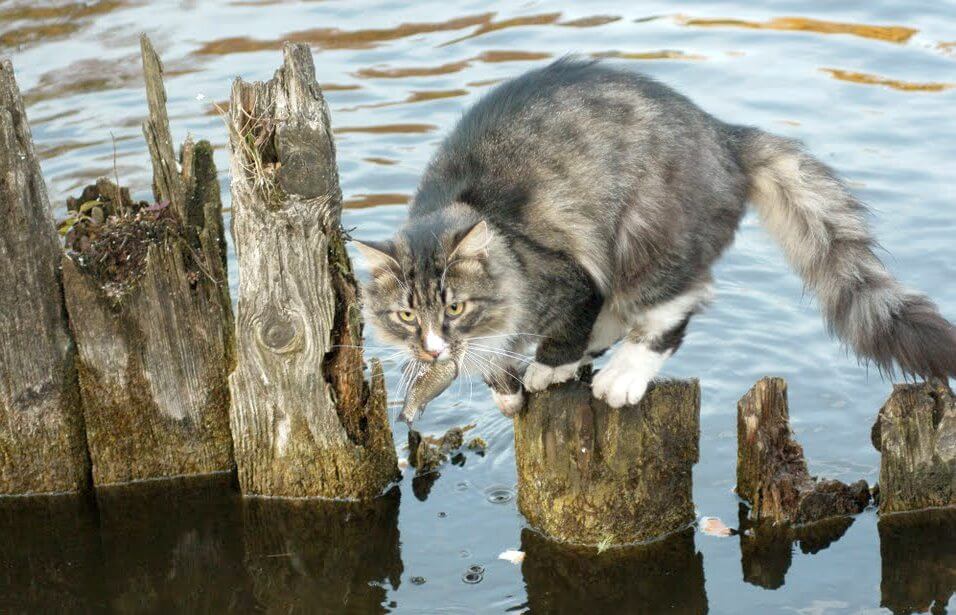If your pet food contains fish meal or fish oil harvested and processed in Asia, it probably was processed by the slave trade.
Following the Guardian’s expose of slavery in Thailand’s shrimp industry last June, which described horrific conditions on the boats supplying fisheries, including trafficked or bonded labor (aka slave labor), methamphetamine-fueled 20-hour shifts, regular beatings, torture, and execution-style killings, the fish industry is anxious to clean up its image.
Members of the International Fishmeal and Fish Oil Organization (IFFO) responsible sourcing governing board met last week to debate how its global standard, which now only involves the certification of fish meal and fish oil factories, could be extended so that the treatment of employees on raw material supply vessels could be included in an audit.
After debating how best to do this, they have decided on a working plan using a combination of the United Kingdom’s responsible fishing scheme (RFS) and their plan.
Andy Jackson, technical director at IFFO, described the work in progress:
“What exactly a revamped standard would consist of is still under evaluation. But we are looking to see how we could recognize the essential elements of that scheme within our own. The revised RFS standard will first be implemented in the UK before going worldwide and then we will see how applicable it is to international settings within our own IFFO RS standard. We are aiming to get visibility all the way back to the boats in the fishmeal and fish oil supply chain on a global scale but such transformation won’t happen overnight. This is a long term project.”
Although retailers in the EU and the US are aware of abuses along the fish meal feed supply chain and try to put pressure down the line, it really is up to local authorities to enforce laws.
Ultimately, it is really up to the market to drive change. As long as consumers continue to buy products made with slavery-tainted fish meal and/or fish oil, the demand for it will be fulfilled, and the market will continue to exist.
Sources:
Revealed: how the Thai fishing industry trafficks, imprisons, and enslaves
<
p style=”text-align: justify;”>Trafficked into slavery on Thai trawlers to catch food for prawns


Comments (2) Write a comment